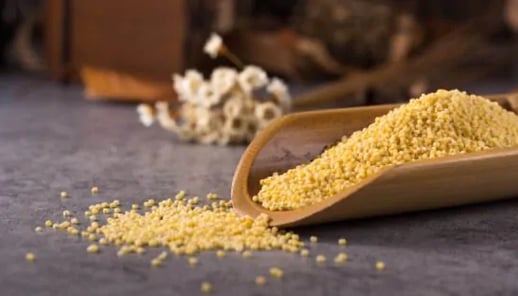Millets are small, round-shaped coarse grains that are native to India and have an impressive nutrient profile. It is a drought and pest-resistant crop that can thrive in harsh climates and poor soil. All millet varieties are members of the Poaceae family, but they differ in color, appearance, and species. Millets come in several variations, including ragi, foxtail millet, pearl millet finger millets, proso millets, little millets, Kodo millets, and barnyard millets. All of these grains have one thing in common: they are high in nutrition.
Here are some of the health benefits of millets:
Millets are high in nutrients, gluten-free, and have a low glycemic index which helps in stabilizing the blood sugar levels.
Millets improve gut health and help you in achieving sustained weight loss.
Millets contain beta-glucans, flavonoids, anthocyanidins which lower the risk of heart disease and stroke.
According to research, millets are effective in inhibiting the growth of cancerous cells in various tissues.
Good dietary fiber in millets helps maintain digestive health and promotes the overall health of other vital organs.
MILLETS
All the millet products launched by ELROHI are gluten-free, 100% natural, and patented. The launched products are cream biscuits, salt biscuits, milk biscuits, ragi peanut butter, jowar peanut butter, jowar upma, pongal, khichadi and millet malts.
A variety of Millet products under the category of Ready-to-Eat (RTE) like Upma, Pongal, Noodles, Biryani, Khichadi, etc. was also launched. All the RTE products are vacuum processed without any additives, fillers and preservatives. Nutrition value is retained as original with a shelf-life of 12 months in ambient temperature.
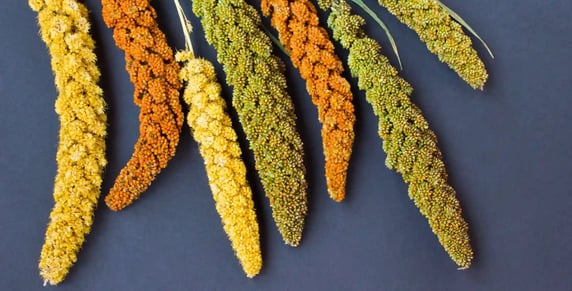

Rich source of calcium
Finger millet contains thrice the amount of calcium as milk1 and almost 8 times the amount found in other cereals3. Bioavailability of calcium from meals prepared from finger millet is higher than from other wheat- and sorghum-based meals
Suitable weaning food for children
The high levels of nutrients such as carbohydrates, proteins and calcium makes finger millet-based complementary foods appropriate weaning foods for babies.
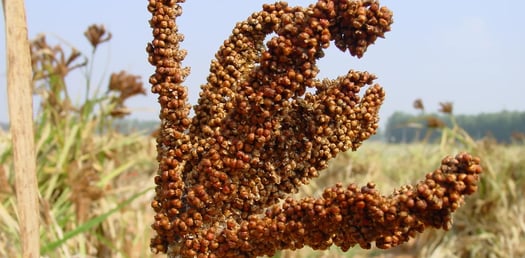

Finger millet
For strong bones
It contains high levels of phosphorus3. Phosphorus is essential for bone growth and development in young children.
For pregnant women
Pearl millet contains high amounts of iron and folic acid. Folic acid (folate/vitamin B9) helps to reduce chances of neural tube defects such as spina bifida in the unborn child. Iron is responsible for preventing anemia in the mother.
For sugar and weight control
Pearl millet contains higher amounts of fiber than rice and wheat1. Its high fiber content causes it to digest slowly, releasing glucose at a slower rate as compared to other foods, thus maintaining healthy blood sugar levels for a long period of time2. The high fiber content in pearl millet also helps to curb hunger for longer, indirectly contributing to weight loss.
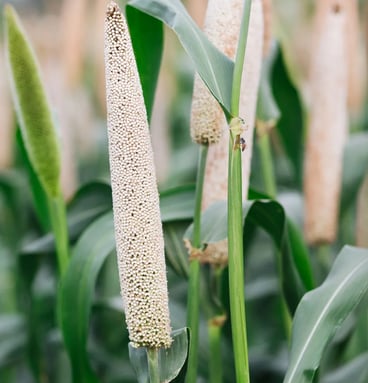

Pearl millet. Bajra/Kambu
Foxtail millet is a lesser-known type but is packed with health benefits. It’s rich in complex carbohydrates, making it a great alternative to refined grains. It also contains high levels of dietary fibre, helping to regulate blood sugar levels.
Nutrient Content: Millet has lots of B vitamins like niacin and thiamine. They’re vital for creating energy and boosting metabolism. Plus, this grain gives you a fair share of protein and fibre, that’s great for digestion and long-lasting energy.
Health Benefits: Foxtail millet is great at controlling blood sugar levels, promoting a healthy heart, and bettering digestion. Thanks to its high fiber amounts, it’s a superstar at managing cholesterol and stopping excessive eating..
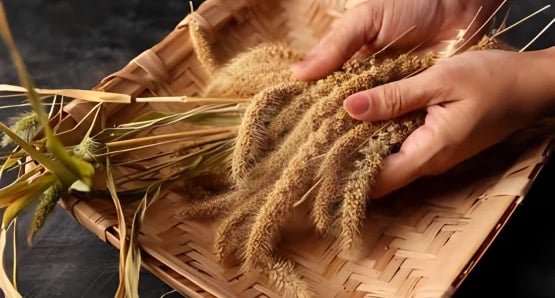

Foxtail Millet (Kakum / Kangni)
In the changing realm of nutrition and well-being, there’s been a surge, in interest towards barnyard millet. This age-old grain, often overlooked in favour of choices packs a nutritional punch with its remarkable history and numerous health advantages. As we explore the realm of grains and look for alternatives, to processed carbs barnyard millet emerges as a nutrient-rich option
Barnyard millet manages diabetes with a diet excluding high-glycemic grains.
Optimal choices strengthen immunity, lower cholesterol, improve gut health, and aid weight management.
Prioritize a balanced diet for overall well-being and effective diabetes management
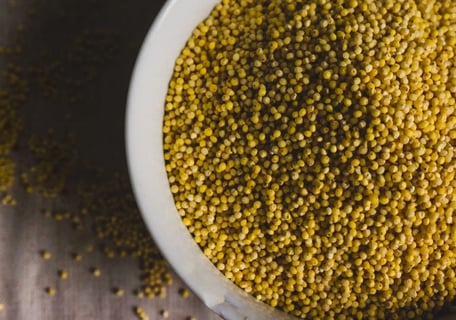

Barnyard millet
Proso millet, a tiny-seed variety, packs a robust amount of protein. Its ability to adapt in various dishes is impressive. The dry areas of Asia and Europe have been its home for millennia.
Nutrient Content: Proso millet is notable for its high content of protein and amino acids, making it a great option for people following plant-based diets. It also has a lower carbohydrate content compared to other grains, which helps regulate blood sugar levels.
Health Benefits: Proso millet is great for folks with diabetes because of its low sugar impact. It’s a handy tool for managing weight because it’s low calorie and high in protein. Plus, its magnesium-rich nature may lessen heart disease risk, promoting a strong heart.
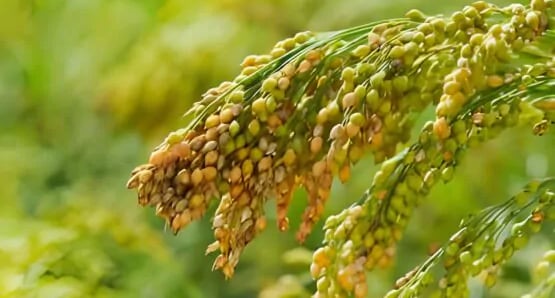

Proso Millet
The petite powerhouse found in India, Nepal, and China, named kutki or samai, rocks a yellowish shade and a mild flavour. Low on fat but rich in protein, magnesium, potassium, and zinc, it’s the cholesterol warrior, constipation combatant, and nerve function booster. Ready for dosa or porridge, it’s the small grain with big benefits!
Nutritional Highlights: Little millet is rich in B vitamins, iron, and fibre. Its high dietary fibre content makes it excellent for digestive health and managing weight.
Health Benefits: The high fibre content helps regulate blood sugar levels, making it a good option for diabetics. Its rich nutrient content also supports overall health, including improved digestion and cardiovascular health.
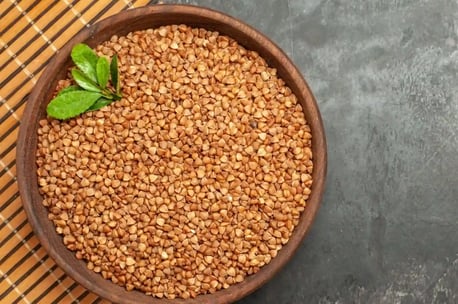

Little Millet (Moraiyo)
The ancient wonder from India, Africa, and China, named kodra or varagu, arrives with a light brown hue and a slightly bitter taste. High in fibre, protein, and antioxidants, it’s the diabetes tamer, obesity warrior, arthritis ally, and asthma supporter. Ready to transform dishes from pulao to upma, it’s the multi-talented millet!
It has high protein content (11%), low fat (4.2%) and very high fibre content (14.3%). Kodo millet is very easy to digest, it contains a high amount of lecithin. Kodo millet is rich in B vitamins, especially niacin, B6 and folic acid, as well as the minerals such as calcium, iron, potassium, magnesium and zinc .
